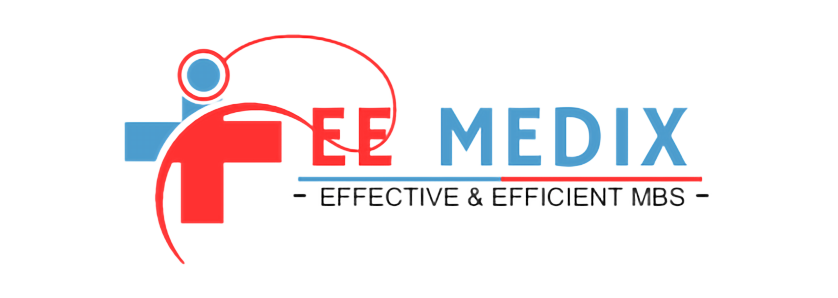In today’s rapidly evolving healthcare landscape, the role of physician credentialing has never been more crucial. While it may not always be in the spotlight, this behind-the-scenes process plays a pivotal role in ensuring the delivery of high-quality healthcare services. In this article, we delve into the world of physician credentialing, shedding light on why it matters far more than most people realize.
The Foundation of Trust: Patient Safety
Physician credentialing is the meticulous process of verifying a healthcare provider’s qualifications, training, and experience to ensure they are competent and qualified to practice medicine. It serves as the foundational pillar of patient safety, and here’s why:
1. Protecting Patients from Incompetence
Imagine a scenario where anyone could claim to be a physician without undergoing rigorous scrutiny. The consequences would be catastrophic. Credentialing acts as a safeguard against such a nightmare, ensuring that only those with the necessary skills and knowledge are entrusted with patient care.
2. Reducing Medical Errors
Medical errors are a significant concern in the healthcare industry. Credentialing helps reduce the likelihood of errors by ensuring that healthcare providers are up to date with the latest medical knowledge and possess the required expertise to make informed decisions.
3. Ensuring Quality Care
When patients seek medical treatment, they inherently trust their healthcare providers to deliver quality care. Credentialing ensures that this trust is well-founded by verifying the qualifications and capabilities of physicians.
Beyond the Basics: Why Comprehensive Credentialing Matters
While the concept of physician credentialing itself is crucial, the depth and comprehensiveness of the process are equally significant. A cursory check of qualifications is not sufficient to ensure patient safety and quality care. Here’s why comprehensive credentialing matters:
1. Keeping Up with Continuous Learning
The medical field is dynamic, with new treatments, technologies, and research emerging regularly. Comprehensive credentialing mandates ongoing education and continuous learning, ensuring that physicians stay updated with the latest advancements in medicine.
2. Evaluating Ethical and Professional Standards
Credentialing doesn’t stop at assessing medical knowledge. It also evaluates a physician’s adherence to ethical and professional standards. This includes evaluating their history for any malpractice claims, ethical violations, or disciplinary actions.
3. Ensuring Cultural Competency
In our diverse society, healthcare providers must also be culturally competent. Comprehensive credentialing assesses a physician’s ability to provide care that respects and understands the cultural backgrounds of their patients, improving the patient experience and outcomes.
The Hidden Benefits for Healthcare Facilities
While credentialing primarily focuses on the qualifications of individual physicians, its impact extends to healthcare facilities as well. Here are some hidden benefits for healthcare organizations:
1. Attracting Top Talent
Hospitals and clinics that prioritize comprehensive credentialing can attract top-tier physicians. Talented medical professionals are more likely to join organizations that demonstrate their commitment to patient safety and quality care through rigorous credentialing processes.
2. Mitigating Legal Risks
Comprehensive credentialing can help healthcare facilities mitigate legal risks. By thoroughly evaluating the qualifications and backgrounds of their staff, they reduce the likelihood of lawsuits and legal complications.
3. Enhancing Reputation
A stellar reputation is essential in healthcare. Facilities known for their commitment to patient safety and quality care, backed by robust credentialing processes, are more likely to be trusted by patients and referred by other healthcare providers.
The Role of Technology in Credentialing
In today’s digital age, technology has revolutionized the credentialing process. Automated systems streamline the verification of qualifications, reducing administrative burdens and expediting the onboarding of physicians. This technological advancement enhances the efficiency and accuracy of credentialing, ultimately benefiting patient care.
In Conclusion
Physician credentialing is not just a bureaucratic procedure but a vital component of healthcare excellence. It ensures patient safety, reduces medical errors, and upholds the highest standards of quality care. Comprehensive credentialing goes beyond qualifications, evaluating ethical standards, cultural competency, and continuous learning.
Healthcare facilities that prioritize rigorous credentialing processes not only protect patients but also enhance their reputation and attract top medical talent. In an ever-evolving healthcare landscape, physician credentialing matters more than you may have thought.

